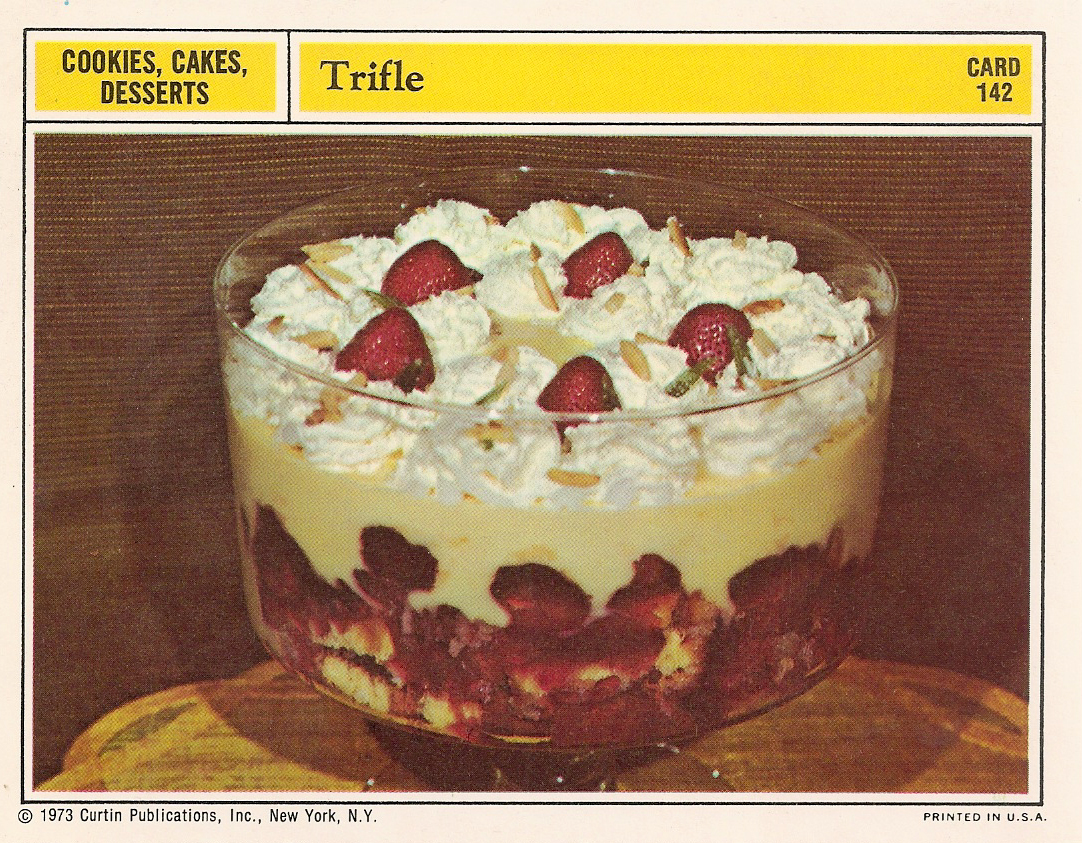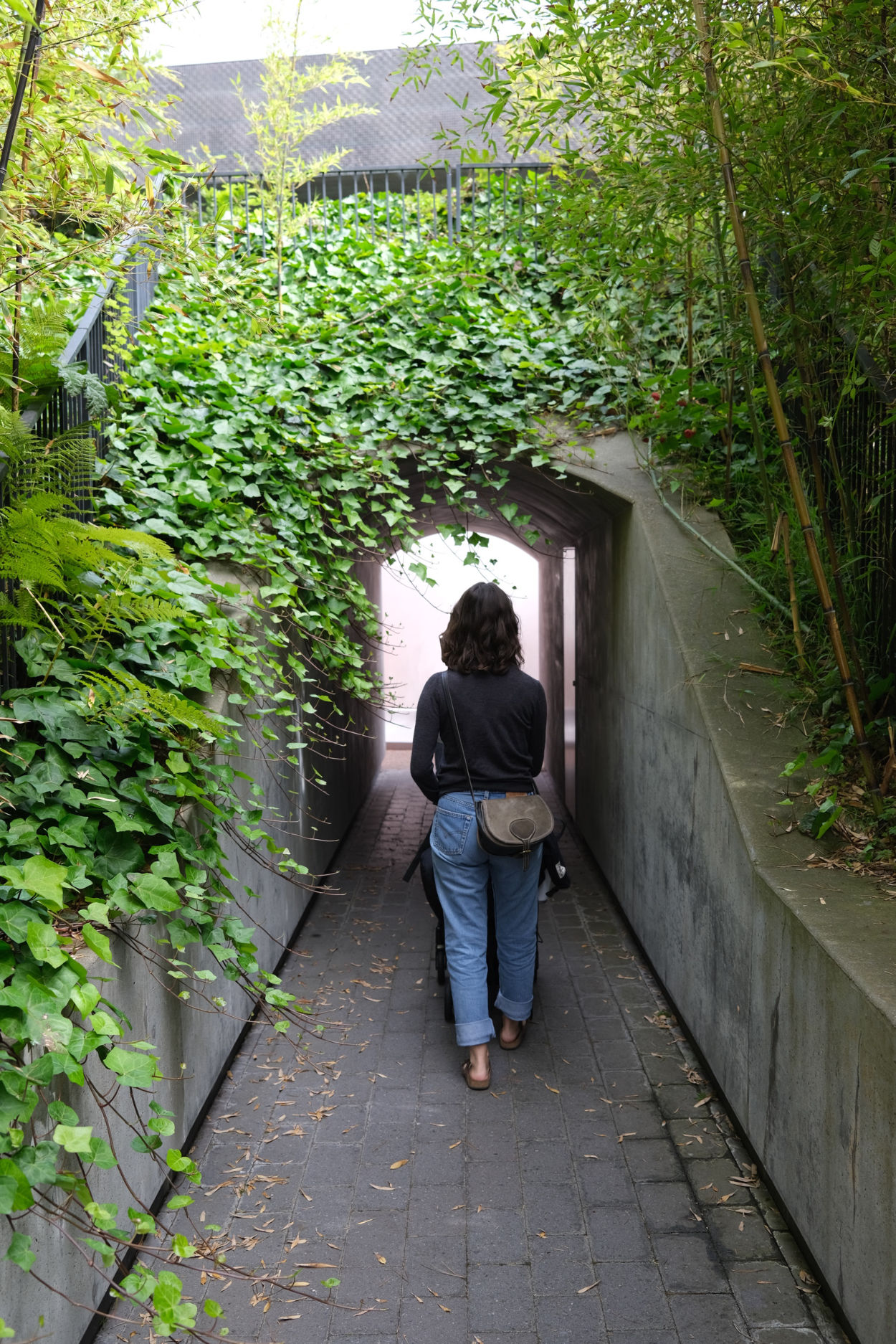Published
“BE SOMEONE ELSE !”
The most recent edition of Blackbird Spyplane really made me laugh, about how “being yourself” can be terrible advice, especially when it comes to style.
Why does this advice irk me? The easiest way to problematize “be yourself” is to recognize that, while it contains within it a valuable kernel of truth, so does the exact opposite advice, which is also way more interesting and, ultimately, way more useful when it comes to developing a personal style: BE SOMEONE ELSE !
Yes!
I’ve been in a real rut style-wise for a long time, most particularly since B was born. I just constantly feel wrong-footed. Most of my former reference points are out, either because they don’t make sense in NYC, don’t make sense in this time (Do I mean trend-wise? Well yes and no…), or don’t make sense on my current body.
Honestly, I just need to shed a lot, donate it all. Then find some new, relevant references, copy, and gradually rebuild. It’s just very tough to actually do any shopping nowadays.
Two things I’m glad I still have? The short, black double-breasted pea coat with wide lapels from Banana Republic that I’ve had since high school (The 00s! What goes around comes around!). Added another button to the lapel to make it button up to the neck, and had it re-lined with thicker fabric. And the thick leather olive cross-body bag of unknown provenance that I got from Absolute Vintage in London (RIP) in 2010.
Edit / side-note: Years of living in the UK left me incapable of figuring out how to wear a shirt. I’d guess that I was in a sweater 85–90% of the time. Outdoors and indoors (those drafts will getcha). Somehow for the 10–15% of the year that this wasn’t the case, it was basically boiling and required flimsy things only.
So this is a long way of saying: How does one wear a shirt and look good? Layering is anathema to folks living in NYC, at least in my experience, because the radiators are on so damn high. So this means I can wear actual, nice tops again. But how? I’ve been wearing a lot of boring tees and it is making me sad.

